
I really don’t want to write this. I don’t know what I could possibly say that will interest you and there are other things I’d rather work on. Besides, it’ll just be no good anyway – no one will read it. So why bother in the first place? I’ll just watch TV.
That’s pretty much how I feel about this blog post today and how many authors feel when they sit down at their computer. While these feelings might not creep up each day, you can bet you’ll be experiencing them at some point.
Sitting down to write is hard, and it’s even worse when you don’t know what to do. I’m not going to waste anytime with fancy words today, just give you 7 ways to get past a wall with your writing
#1 – Take a Day Off
 Be like Bueller
Be like Bueller Often I have 3 to 4 active projects going at once and several on the backburner. Today, for instance, I didn’t write at all on my novel The Hirelings, something I haven’t done in more than ten days. But do you know what? I just wasn’t feeling it today and I’m at the point where letting it sit for a day isn’t going to kill me (no matter how much I think it will).
#2 – Read a Book
 You...can...go...any-where!
You...can...go...any-where! But right now when I look over my left shoulder I can see a few paperbacks and big hardback that I got for Christmas staring back at me. I need to get reading more on those, things that can get my creative juices flowing unconsciously.
Well, there might not be any luck for me, but you should seriously consider it. When you read you really allow your subconscious to soak up new ideas, ideas you can then channel into your own writing, creating something new and exciting.
#3 – Skip a Part
 They're Skipping
They're Skipping You need to do this to, skipping the parts that aren’t coming to you and going to those that are calling out to you. It might be hard for some of those linear writers, but let me ask you this – what’s harder? Staring at a screen for a day or more not knowing what to do, or compromising your artistic principles to get the job done?
Let me tell you a little secret – no one gives a shit about starving artists. Get your work finished and get it sold so you have the money to make new work, that’s all that matters.
#4 – Start at the End of a Chapter
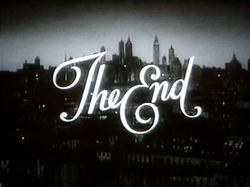
This is kind of a weird approach since you’re always writing forwards, or down the page toward that next chapter, and that’s why sometimes these chapters might get combined a bit during the editing process.
On the flip side is just starting at the end of your book. Personally I love to get my ending out of the way around 20,000 words or so in. You know the goal you’re reaching for, now it’s just filling in the pieces.
#5 – Start a Fight

Conflict is one of the best and easiest tools to use to get your story going. I like verbal battles myself, but for this fantasy novel I’m writing now it’s pretty easy to throw some creatures in there and let the characters have at ‘em for a few pages.
Perhaps it’s not what’s needed now, but I know I’ll need it later. And let’s face it – on those days or nights when you just don’t feel like doing a damn thing sometimes writing out something quick and easy for use later is the way to go.
#6 – Watch a Film

But some of those days were tough. One night I watched some scenes from an old Clint Eastwood movie, The Enforcer. It got me in the right 1970s mindset to get a few good pages later.
I did the same thing when I was writing Black Walnut. I needed to have a character that was angry, and one that wanted to shoot some things up. So I popped in Taxi Driver and a few other action movies with bloody scenes and got some inspiration. The next day I was able to get out some words pretty easily.
#7 – Choose Your Times

That’s why I get down 1,000 words first thing in the morning, before I even get online. I like to do this on my own projects, usually the novel I’m working on at the moment.
Sometimes I might work on a novel at night as well, but it’s much more difficult. I’m better at writing when I get up (around 1 PM) than shortly before I go to bed (around 5 AM). I know this, so I plan my writing times accordingly.
A long-term approach to not hitting walls with your writing is to have set writing schedules and routines. Yeah, it might not be for some, but that’s how things get done. Perhaps you do a lot on one day and little on others, or maybe you do a little each day. I do a lot each day, and I suggest you do the same.
Well, that’s 7 ways to get past your writing wall. I didn’t really want to write this article, but I did, and managed to get up to 1,200 words or so in three sit-down sessions. The only walls are those you make for yourself.
Tomorrow we'll conclude this series with Editing and Proofing Your Novel Fast.


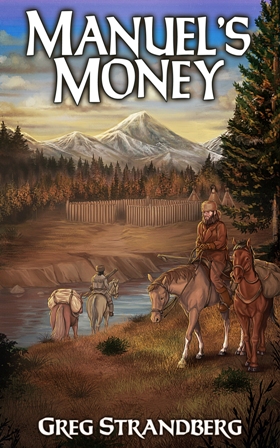
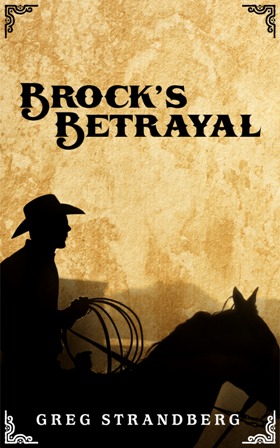
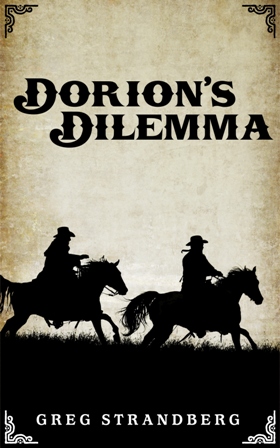
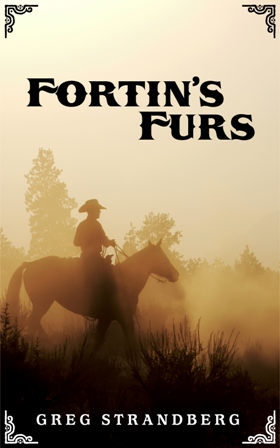
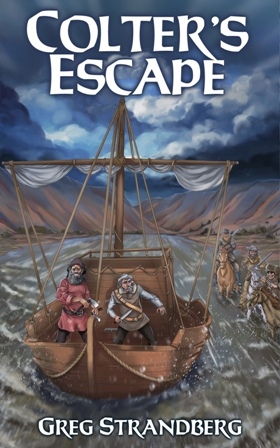
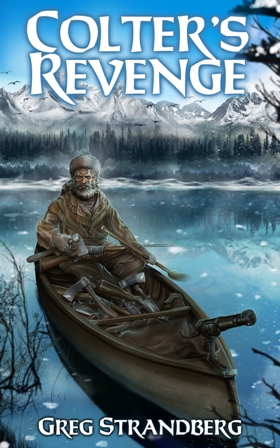
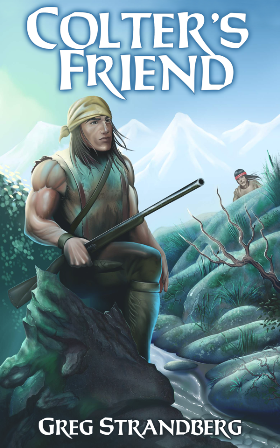
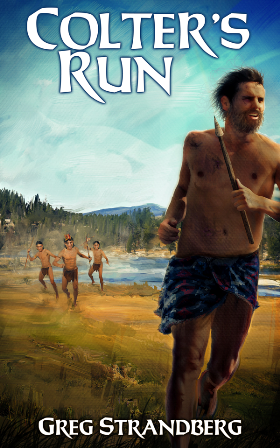
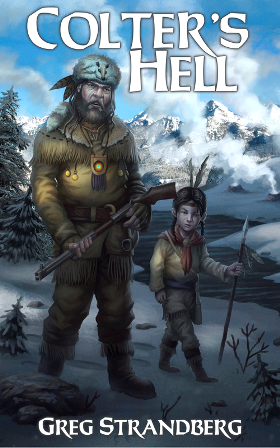
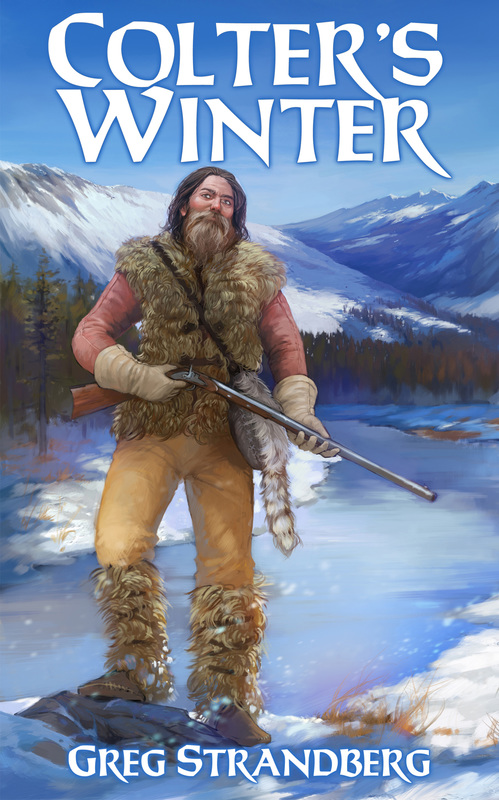
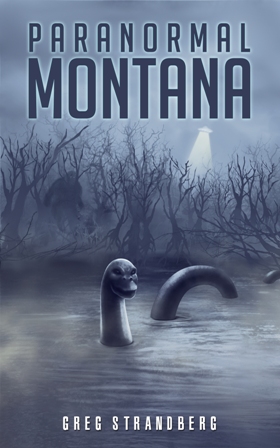
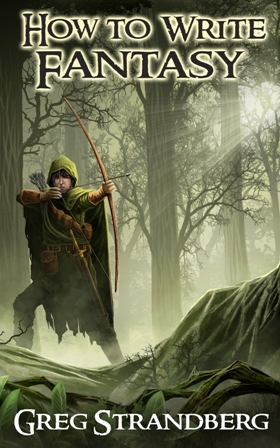


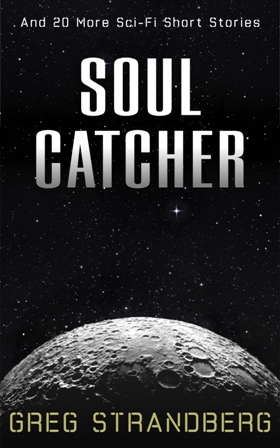
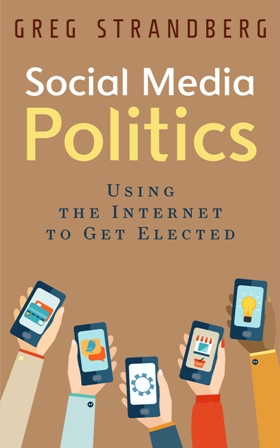


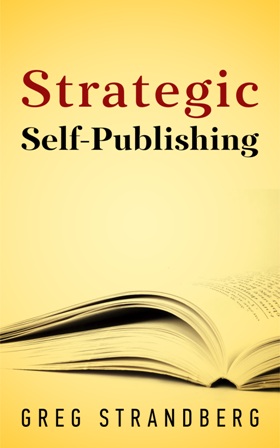
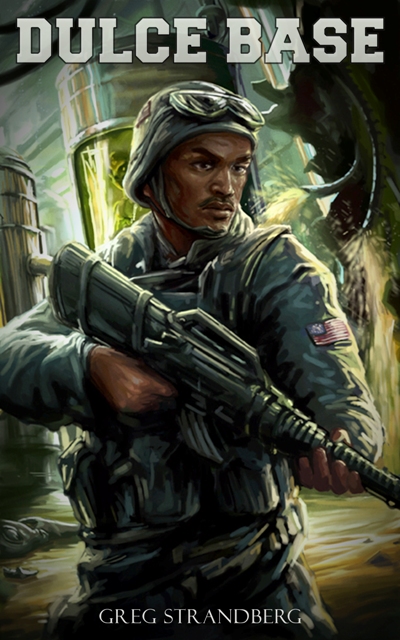
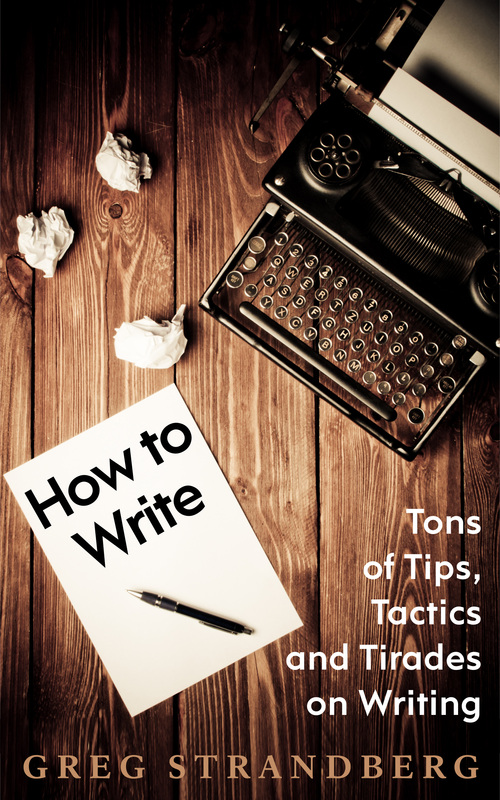

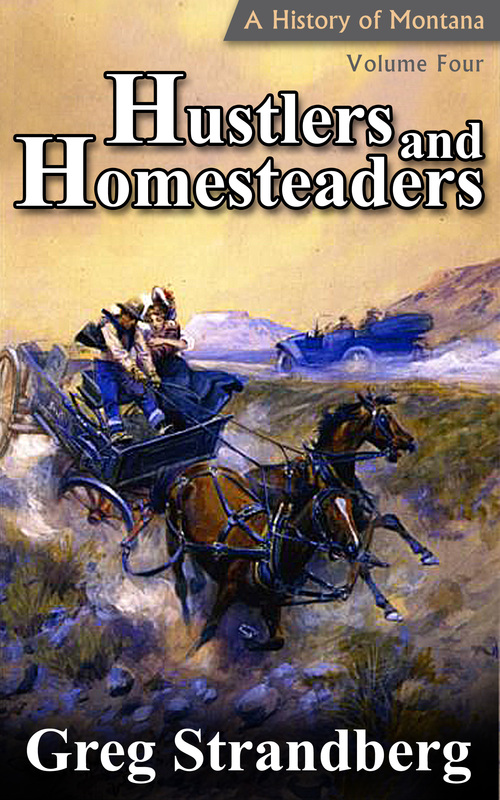
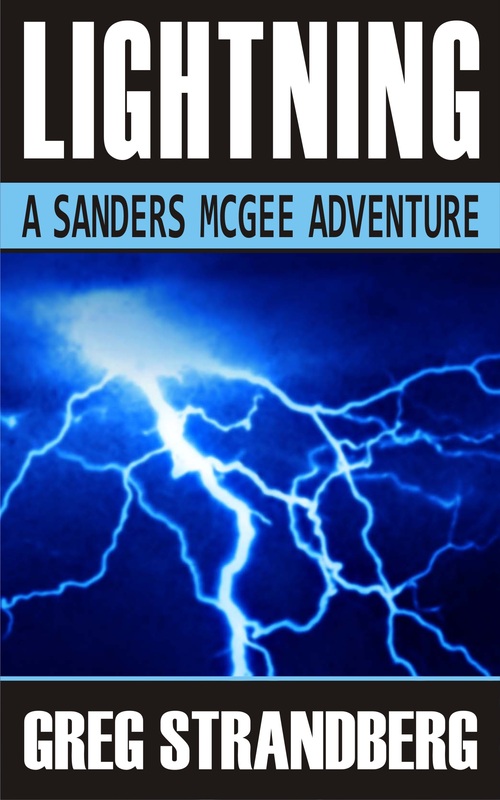
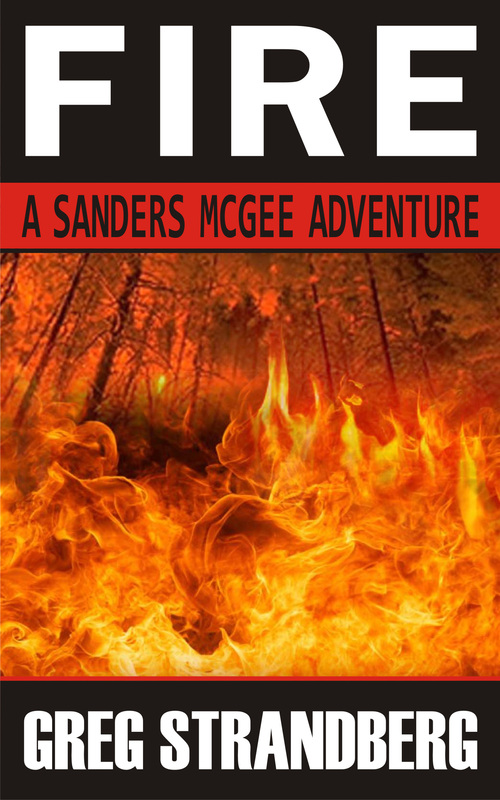
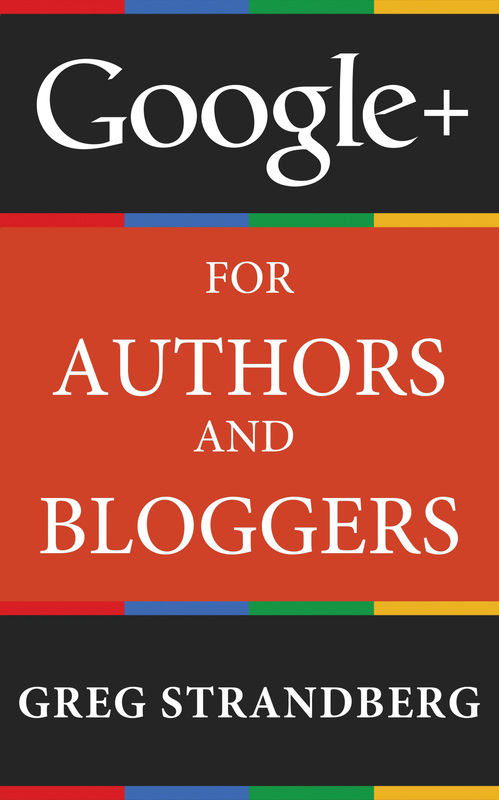





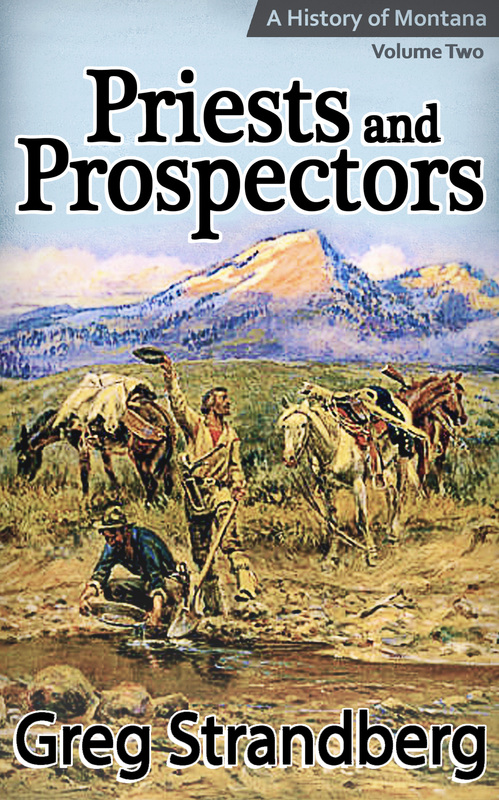

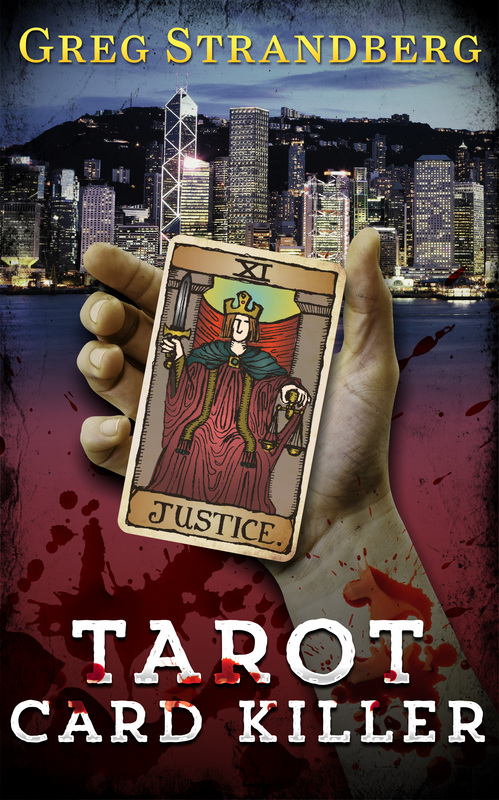
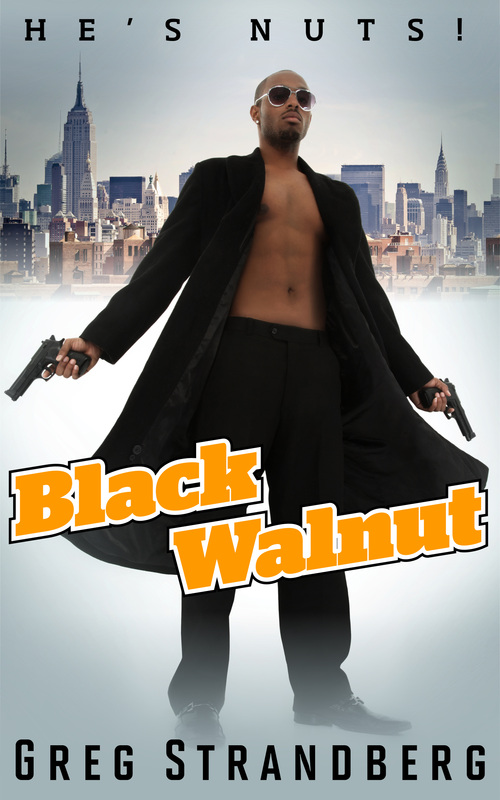

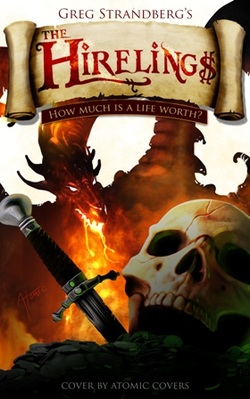
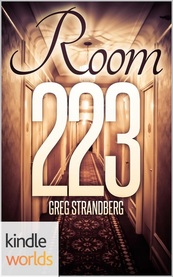



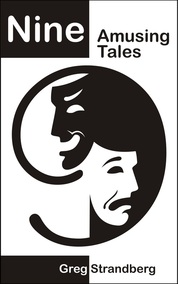
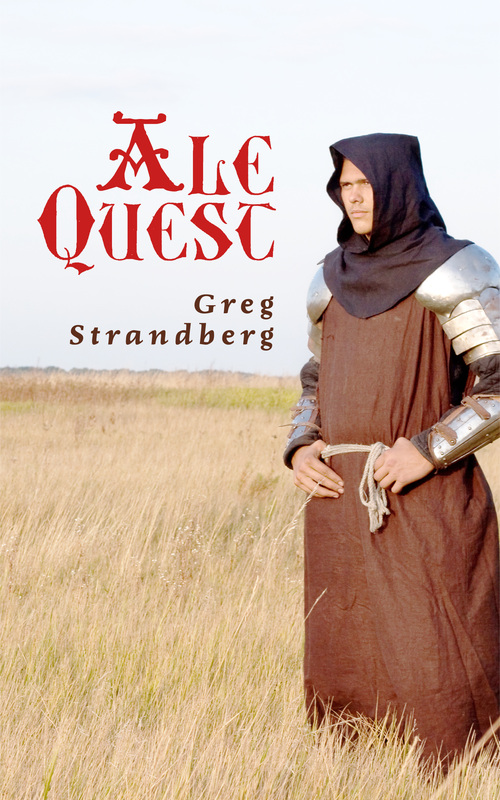

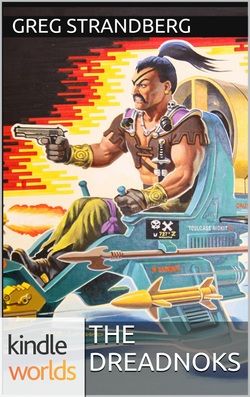
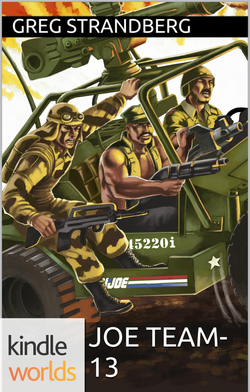
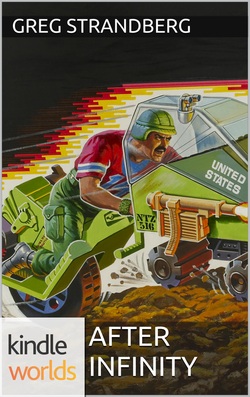
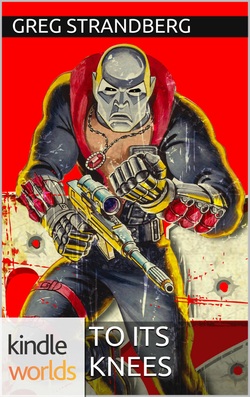
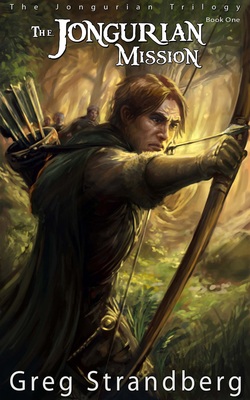

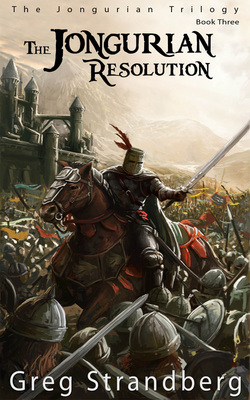

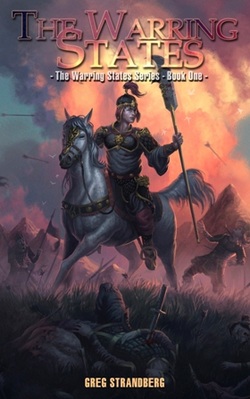
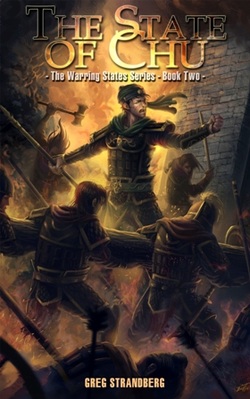
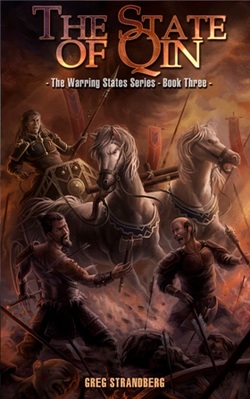
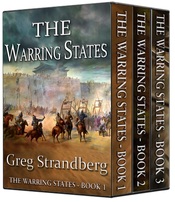
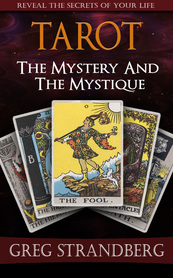
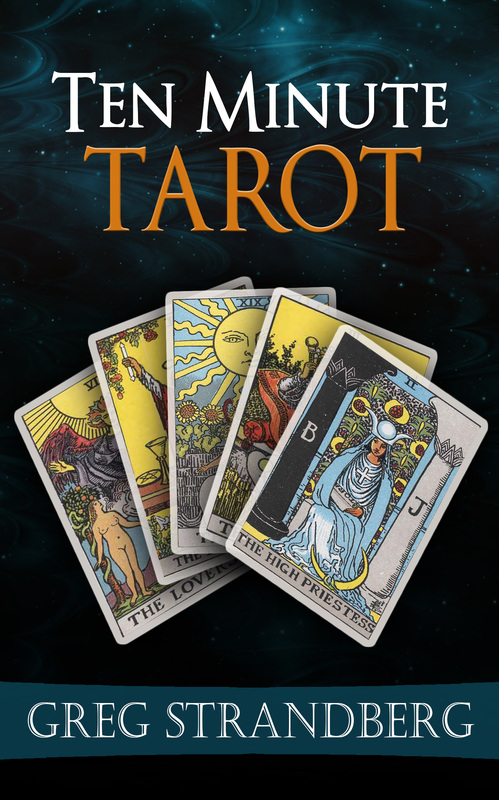
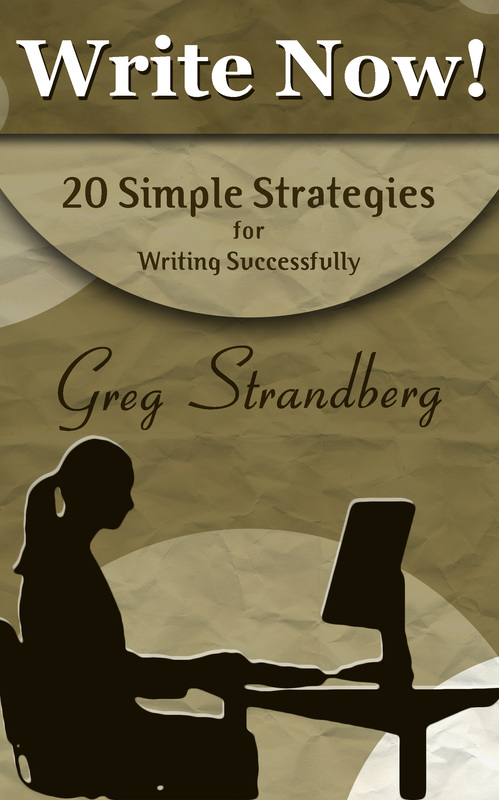












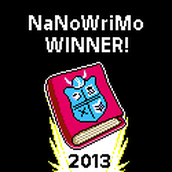
 RSS Feed
RSS Feed